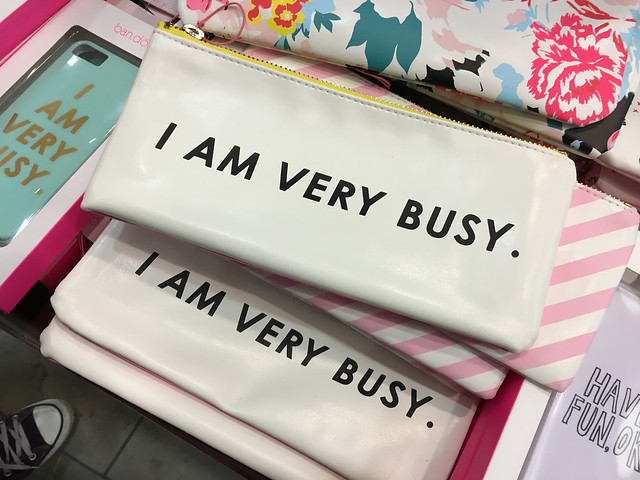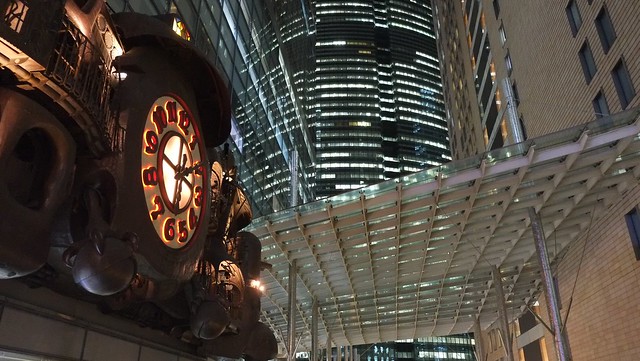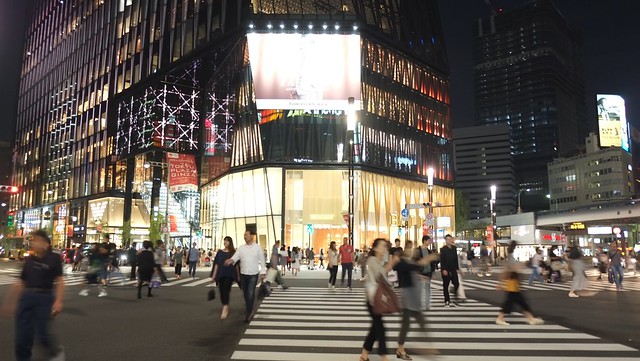When I was writing REST, one of the surprising things that emerged from my research was that people who have a lot of leisure are really well-organized and spend some of that organization on making sure they have time for themselves.
You might imagine that leisure is something that should come effortlessly into your life. Like leisure itself, time for leisure should just stroll into your schedule. But it doesn’t.
People whose creativity is enhanced by deliberate rest (rather than efforts at superhuman labor) are careful to make time for things that matter to them. They embrace a kind of minimalism that celebrates having a life where you concentrate on big things, not little ones. As much as possible, they say no to things that aren’t central to their work or family life.
Even those who aren’t in complete control of their schedules avoid time pressure by keeping control over at least some of their time. Reggie Love, President Obama’s assistant during his time in the Senate and his first White House run, writes in his memoir about how Obama made sure while campaigning to reserve time for a workout, and treated dinner as time that was sacrosanct. You don’t have much time to yourself when you’re running for office, and keeping some to yourself is essential to staying sane.
Laura Vanderkam writes in Fast Company about how some people today manage to get plenty done while avoiding a sense of being constantly rushed. What she finds reinforces what I found. The people she talked to use several strategies:
- Know what really matters. Having a clear sense of what you really need to get done– both in a day, and with your life– is essential for knowing how you should spend your time, and how satisfied you should be with you’re doing.
- Conserve rather than fill time. Don’t treat your calendar as something to be filled up. The white space isn’t wasted or unproductive time; to the contrary, the time filled with meetings is more likely to be time when you’re just grinding metal.
- Avoid time pressure. Giving yourself plenty of time for travel, or time to review before a meeting, does a lot to avoid feelings of being endlessly rushed.
- Practice mindfulness. Appreciating the moment, reminding yourself of the positives of your choices, and the fact that you’ve made a choice, are all good ways to avoid a sense of constant busyness.
- Let it go. Don’t worry too much about the occasional off day, or concern yourself too much with small things.
The sense that we have to be rushed in order to get things done, and that if we don’t look busy we’re not being productive, is a rather modern sensibility.
Traditionally, in both European and Asian cultures, the ideal leader (and often the ideal worker) was someone who was calm, thoughtful, and deliberate. Chinese general Sun Tzu wrote in The Art of War, “It is the unemotional, reserved, calm, detached warrior who wins, not the hothead seeking vengeance and not the ambitious seeker of fortune.”
That was roughly 2500 years ago. In the merely five hundred year-old The Book of Five Rings, Miyamoto Musashi advised, “Both in fighting and in everyday life you should be determined though calm.”
In 1890s, Harvard psychologist William James wrote in “The Gospel of Relaxation,” “eagerness, breathlessness, and anxiety are not signs of strength: they are signs of weakness and of bad coordination.”
Today’s workplace culture moves us backward. It’s a mistake to assume that the most frazzled and panicked workers are the most serious. And we pay every day for the belief that we have to look and feel busy and rushed in order to do good work.


